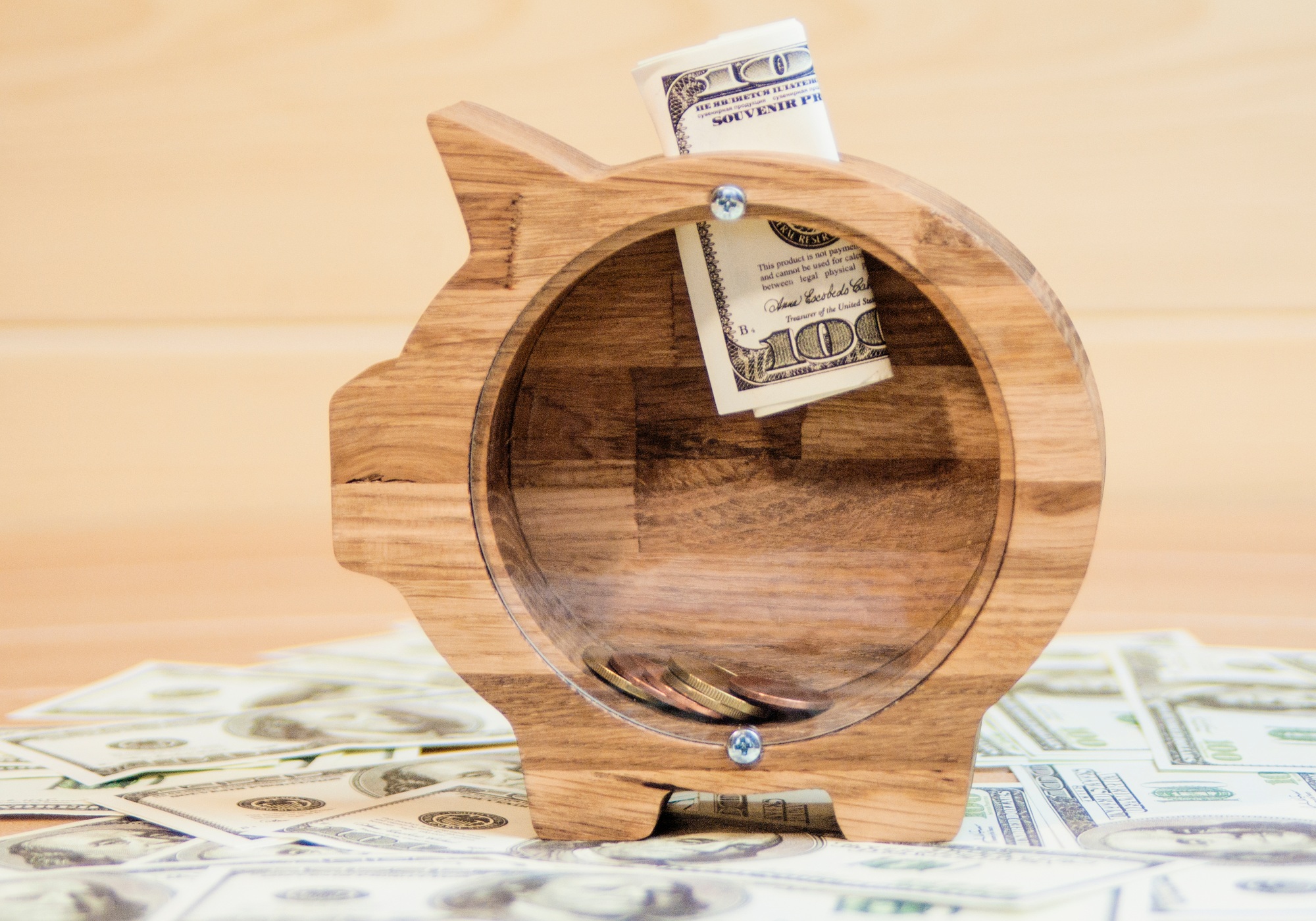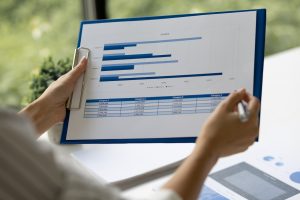In today’s fast-paced world, personal finance management can often feel overwhelming. However, dedicating just 15 minutes a day to improve your financial health can significantly enhance your financial literacy, budgeting skills, and investment strategies. This article explores several practical steps you can take in this short time frame to see a long-term improvement in your financial situation.
Establishing a Daily Routine
One of the most effective ways to manage your finances is by establishing a daily routine. Allocating a specific time each day allows you to cultivate good financial habits. Initial tasks can include tracking your expenses, reviewing your budget, or reading a finance-related article. By regularly engaging with your financial data, you will develop a better understanding of your spending patterns and financial goals.
Assess Your Financial Health
Start by conducting a brief assessment of your current financial health. This can be done through a simple review of your bank statements, credit reports, and outstanding debts. By identifying areas where you may be overspending, you can make immediate adjustments to your budget. For instance, target discretionary spending such as dining out or subscription services, where cutbacks can lead to savings over time. A study by the National Foundation for Credit Counseling revealed that individuals who regularly monitor their finances report greater financial security and reduced anxiety regarding debt.
Setting Clear Financial Goals
Setting specific, measurable financial goals within your 15-minute daily session can provide clarity and motivation. Goals should be categorized into short-term (1 year), medium-term (2-5 years), and long-term (5+ years) objectives. For example, a short-term goal could be saving $1,000 for an unexpected expense, while a long-term goal might involve building a retirement fund of $500,000. According to financial experts, the SMART criteria—Specific, Measurable, Achievable, Relevant, Time-bound—can guide you in crafting actionable goals that bolster your financial stability.
Utilizing Financial Tools and Apps
Numerous financial tools and applications are designed to help consumers manage their finances efficiently. Dedicate part of your 15 minutes to explore budgeting apps such as Mint, YNAB (You Need a Budget), or Personal Capital. These platforms can help you track your spending, create budgets, and analyze your investments. Furthermore, many offer automatic syncing with your bank accounts or credit cards, making it easier to monitor your financial health in real-time. Experts recommend choosing an app that aligns with your financial goals and personal preferences, as this will encourage regular engagement.
Investment Monitoring
If you have existing investments, consider spending a few minutes evaluating their performance. Check whether your portfolio aligns with your current financial goals and risk tolerance. In the wake of market fluctuations, adjust your investment strategy as necessary. For instance, should you find your risk tolerance has changed due to life circumstances—like a new job or family obligations—you may want to shift your portfolio from volatile stocks to more stable bonds. Seeking expert advice or consulting financial literature can also offer insight into emerging market trends and help refine your investment strategies.
Building an Emergency Fund
If you do not already have an emergency fund, use your daily 15 minutes to establish one. Financial advisors often recommend saving three to six months’ worth of living expenses in a high-yield savings account to cover unforeseen costs such as medical emergencies or job loss. By consistently contributing to this fund every month, you can build a safety net that represents peace of mind and financial security. Data from the Bureau of Labor Statistics indicates that nearly 40% of Americans would struggle to cover a $400 unexpected expense. A well-funded emergency account can mitigate such vulnerabilities.
Expert Opinion
Financial experts emphasize that the benefits of dedicating a small, consistent amount of time to managing personal finances extend beyond mere budgeting and tracking. Jane Smith, a certified financial planner, states, “Regular engagement with your finances strengthens financial literacy, which is crucial for making informed decisions in life.” This sentiment underscores the notion that financial empowerment comes with knowledge and continuous learning.
What’s Next
Implementing the strategies outlined in this article can serve as a foundation for enhancing your financial well-being. While 15 minutes may seem trivial, the cumulative effect of daily financial engagement can yield significant results over time. As you become more adept at managing your money, consider expanding this practice by allocating additional time for financial education—whether through books, podcasts, or workshops. The long-term rewards of this investment in your financial understanding could lead to a more secure and prosperous future.
In conclusion, by committing just 15 minutes daily to your finances, you can pave the way for a more informed and financially secure lifestyle. Embrace this small yet powerful change, and watch your monetary aspirations become increasingly attainable.








